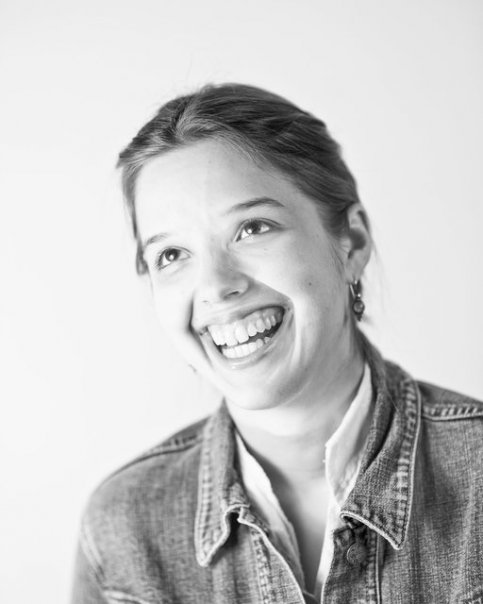Some orthodox Jews kiss every book before they open it. Every book—not just the Torah, but rabbinical commentary, the Mishnah, The Joy of Cooking. This reverence for the bookness of books is something I understand, and I can picture them, men who surround their temples with curly brackets, gently turning the pages of Rashi or Cosmopolitan. Jews, Christians, and Muslims call themselves “people of the Book” but perhaps this small group of yeshiva boys treasures books in ways the others have forgotten.
I thought of this tradition when my coworker introduced me to his young son, Evan. Evan talks about the form of books as the important thing—he cannot yet read their contents. Evan knows the books’ anatomy better than he knows his own. He points to the page numbers, the appendices, the end paper. Evan inspects English and Spanish and traces the lines of looping Farsi script. His illiteracy is ecumenical. Evan opens Strong’s Concordance and spends hours running his fingers down the columns of text. He asks his dad why Strong’s is bigger than the Bible, if they both have the same words, and why any book needs both a table of contents and an index. He bows his dark head over the twenty-pound paper and wonders.
Evan builds books, too. He assembles typing-paper folios, carefully stapling them together. Like a little monk at Lindisfarne, he lays out margins to hold his gospel. He draws maps of his world, the neighborhood loop like a kidney bean, each house marked red or blue, depending on the presence or mere potential of a friend. He dictates a legend, and his mother annotates his symbols. He fills the borders with arcane patterns.
When Evan tells me about his books, I feel like a time traveler from his own future. When I see his eyes scrutinizing the Golden Book binding, my own soul resonates with harmonic recognition. I buy books for their beautiful endpaper. I smell the ink and glue. I disappear into their creamy pages.
My memories of my childhood are divided—one side, the photographs my mother carefully pasted into volumes of acid-free paper, annotating them in her blocky hand: the hundred acres of trees around our little house, the love in my Nana's eyes as she held me, the tables bending under the weight of a potluck meal in my community. The other side, the side I remember from within my own mind, is black and white and colored with imagination: Laura's Pa playing the fiddle in their Little House, Nana's papery hands, gently turning the leaves of The Hundred Dresses.
I don't remember not being able to read. I don't remember a time before books seemed more real to me than the messy reality I'd been born into. I was in my twenties when I discovered that I had a body. My college memories, of years when I was too busy to read for pleasure, are curry spices in our vegetarian co-op kitchen, sunlight spilling across a stained dormitory carpet, the near-silent sound of snow falling on snow. From earliest childhood, I always wanted, and struggled, to write; after two decades disembodied, I learned that I needed to swim in the world to write it.
Meeting to Evan, I have stepped out of my time machine powerless. I could tell him what I have been my whole life learning, but he couldn’t hear it. He needs to find his own body in his own time. Books are holy because they are made in the image of a holy book, but people are holy because they are made in the image of God. If I knew he would understand me, I would help him turn his worship away from its current shrine. I would show him the holiness of bodies and minds and breathing. I would introduce him to the sacredness of his daddy, his mama, his rough-and-tumble baby brother. I would teach him to consecrate the hand that holds his friend’s hand, and not the lifeless pages.
Live in your body, Evan. Make this your temple. The book has a spine, and so do you, holding your ribs like open pages. You have headers and footers too. You have a dedication to the one you love. You were carefully ordered and edited. Your jacket covers your little arms. The book is composed of quires, but you can sing. Worship here, behind the cover of your furrowed brow, between your serifed ears. Praise the gurgle of your happy belly as you compose another digest. Worship in your perfect little hands, which are covered in marker from the last map you drew.
Evan, do your father and mother teach you to kiss a book before opening it, so that you will not stumble upon holiness unwitting?
